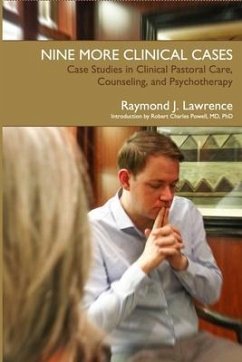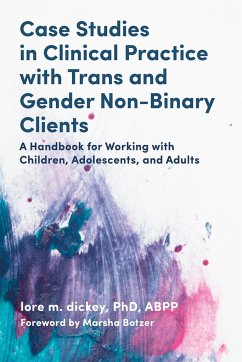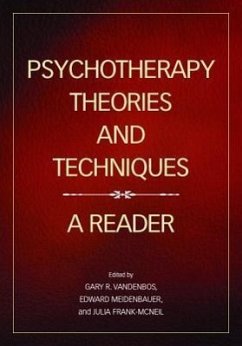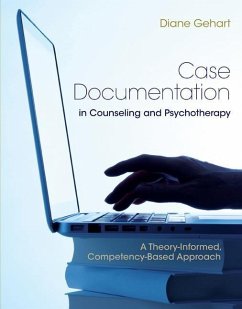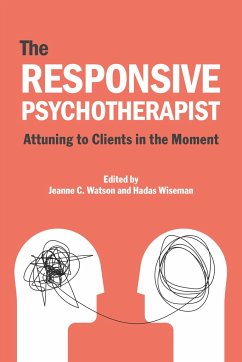
Psychotherapy Case Formulation
Versandkostenfrei!
Versandfertig in über 4 Wochen
40,99 €
inkl. MwSt.

PAYBACK Punkte
20 °P sammeln!
This concise and engaging primer¿ helps beginning therapists systematically organize their thoughts and ideas about a client, using an evidence-based approach to case formulation. Formulating cases is an essential component of psychotherapy training and practice. Yet beginning therapists often struggle to organize their ideas about the client and apply theory to the case. This book is based on the author amp rsquo s extensive experience teaching case formulation to graduate students. It describes a highly adaptable and evidence-based framework for conceptualizing clients and planning treatm...
This concise and engaging primer¿ helps beginning therapists systematically organize their thoughts and ideas about a client, using an evidence-based approach to case formulation. Formulating cases is an essential component of psychotherapy training and practice. Yet beginning therapists often struggle to organize their ideas about the client and apply theory to the case. This book is based on the author amp rsquo s extensive experience teaching case formulation to graduate students. It describes a highly adaptable and evidence-based framework for conceptualizing clients and planning treatment. Applicable to both simple and complex cases, the model can be used regardless of one amp rsquo s theoretical orientation. Readers are introduced to basic concepts that include the benefits of case formulation, sound decision-making, and the importance of cultural considerations, and then are led step-by-step through the action-oriented components of the model. This book is an indispensable aid for novice and experienced therapists seeking to develop and improve upon this core competency.



